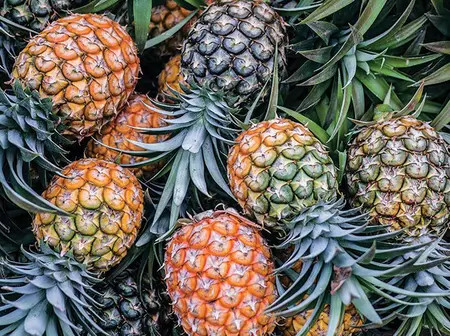Fruit processing giant Del Monte Kenya has unveiled plans to invest Ksh516 million in a state-of-the-art pineapple freezer facility aimed at reducing post-harvest losses and boosting value addition.
The proposed project will be located at the company’s expansive plantation and processing site in Thika and is expected to enhance the shelf life of fresh pineapples destined for local and export markets.
The planned investment comes as Del Monte continues to grapple with challenges related to oversupply during peak harvest seasons. Currently, the company experiences significant losses due to spoilage, particularly when market demand is lower than supply capacity.
The new freezer unit is designed to preserve excess produce for processing at a later time, ensuring that surplus pineapples are not wasted.
According to the company, the facility will have the capacity to freeze large volumes of pineapples within hours of harvest, preserving their nutritional value and quality.
Once frozen, the pineapples can be stored for extended periods and used in juice, canned fruit, and other processed products throughout the year, offering the company greater flexibility in its production cycles.
Del Monte says the freezer unit will also enable it to explore new export opportunities in markets that demand frozen tropical fruits, such as Europe, Asia, and the Middle East.
The diversification into frozen produce aligns with the firm’s broader strategy to expand its product line and reduce reliance on fresh exports, which are more vulnerable to logistical disruptions and perishability.
The project is also expected to create additional employment opportunities during both the construction and operational phases. It is part of Del Monte’s long-term commitment to improving efficiency, minimizing food waste, and supporting Kenya’s agricultural value chain.
Industry observers have welcomed the move, saying it reflects a growing trend among agribusiness firms to invest in cold chain infrastructure as a way to mitigate losses and improve food security.
With the rise in climate-related challenges and supply chain inefficiencies, such investments are seen as critical to strengthening the resilience of Kenya’s horticultural sector.

Leave a Reply